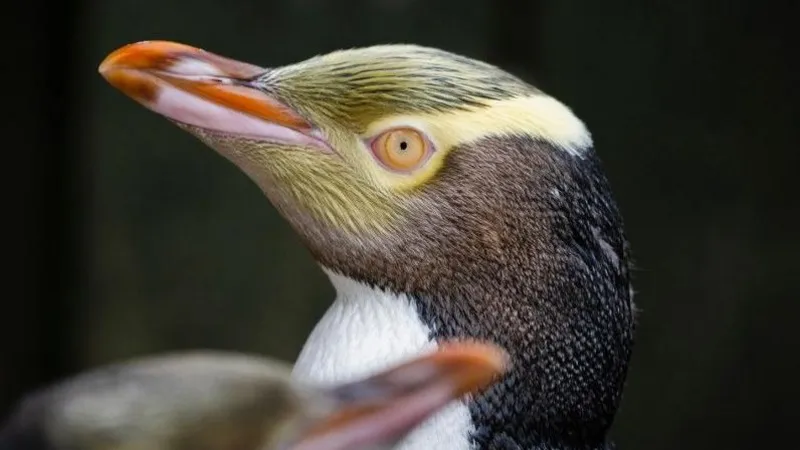A shy yellow-eyed penguin has emerged as the winner of one of New Zealand’s most hotly contested competitions, taking the title of Bird of the Year.
Over 50,000 people participated in the vote for the competition, which has previously been mired in controversy, with allegations of foreign interference and cheating.
Last year, the pūteketeke claimed victory after comedian John Oliver publicly supported it, even launching a campaign that involved dressing up as the bird, complete with a vibrant burnt-orange mullet.
The hoiho, considered one of the rarest penguin species in the world, is found exclusively in New Zealand.
According to Forest & Bird, the organisation behind the competition, the hoiho secured first place with 6,328 votes, narrowly beating the Karure Chatham Island black robin, which garnered over 5,000 votes.
This marks the second victory for the hoiho, having also won in 2019, a year that sparked allegations of Russian interference.
Hundreds of votes for the bird were traced back to Russia, though Forest & Bird clarified that these were likely from Russian ornithologists and not fraudulent.
In 2018, there were also claims that Australians attempted to rig the competition in favor of the shag, a species of cormorant.
The hoiho, whose Māori name means “noise shouter,” is known for its loud, piercing call despite its shy demeanor.
The organisation noted that this win will help boost conservation efforts for the species, which is listed as endangered and facing a declining population, according to the International Union for Conservation of Nature (IUCN).
“This spotlight couldn’t have come at a better time,” said Forest & Bird’s chief executive Nicola Toki. “This iconic penguin is disappearing from mainland Aotearoa (New Zealand) before our eyes.”
Conservation efforts are taking place on land but Ms Toki says they are also needed at sea.
“They’re drowning in set nets and can’t find enough food,” she said. “Our hoiho urgently need marine protected areas to give them a shot at survival.”



